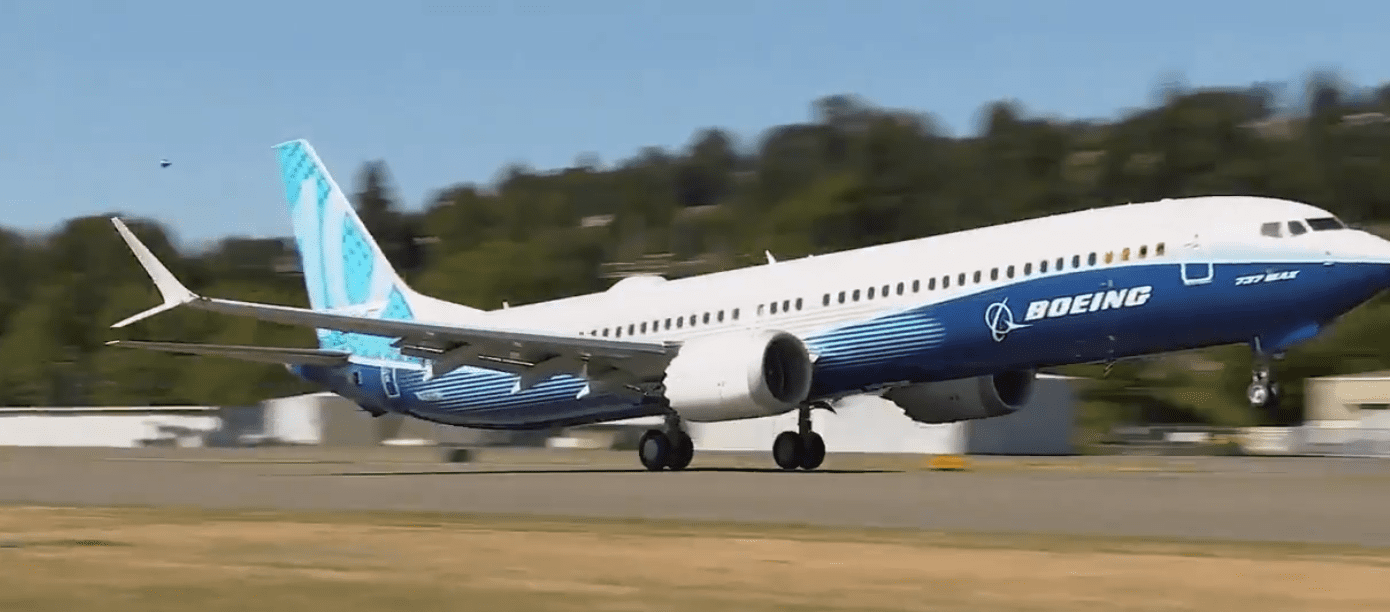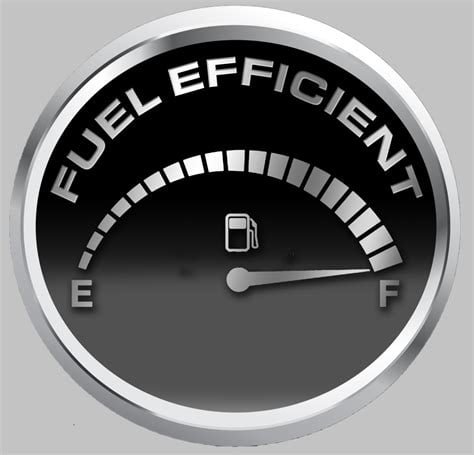
BoeingMAX10
Africa’s strong, long-term growth prospects for commercial aviation are closely tied to the continent’s projected 3% annual economic growth over the next 20 years, according to Boeing. This is coming as the aircraft giant, forecasts that Africa’s airlines would require 1,030 new airplanes by 2040 valued at $160 billion and aftermarket services such as manufacturing and repair worth $235 billion, enabling growth for air travel and economies across the continent.
Boeing shared the projection as part of the 2021 Commercial Market Outlook (CMO), the company’s long-term assessment of demand for commercial airplanes and services.
SAATM, AfCFTA to stimulate trade, others
The company disclosed that initiatives such as the African Continental Free Trade Area and Single African Air Transport Market (SAATM) are expected to stimulate trade, air travel, and economic cooperation. Additionally, the region’s middle class and working population are projected to double by the end of the forecast period, driving increased demand for air travel, according to Boeing.
“Africa has healthy opportunities to expand travel and tourism, coinciding with increasing urbanization and rising incomes,” said Randy Heisey, Boeing managing director of Commercial Marketing for the Middle East and Africa. African carriers are well-positioned to support inter-regional traffic growth and capture market share by offering services that efficiently connect passengers and enable commerce within the continent.”
Projections
The 2021 Africa CMO also includes these projections through 2040 which state that airlines in Africa will grow their fleets by 3.6% per year to accommodate passenger traffic growth of 5.4% annually, the third-highest growth rate in the world.
The CMO also highlights that single-aisle jets are expected to account for more than 70% of commercial deliveries, with 740 new planes mainly supporting domestic and inter-regional demand. In addition, African carriers are estimated to need 250 new wide-bodies, including passenger and cargo models, to support long-haul routes and air freight growth.
Eighty percent of the continent’s jet deliveries are expected to serve fleet growth with more sustainable, fuel-efficient models such as the 737, 777X, and 787 Dreamliner, with 20% of deliveries replacing older airplanes.
The estimated demand for aviation personnel is projected to rise to 63,000 new professionals, including 19,000 pilots, 20,000 technicians, and 24,000 cabin crew members. Commercial services opportunities such as supply chain, manufacturing, repair, and overhaul are valued at $235 billion.
Boeing’s significant presence in Africa
Boeing has a significant presence in Africa, with the United States firm establishing offices in Kenya and Johannesburg. The company in 2017 signed an agreement with a Nigerian firm, Springfountain Infrastructure Ltd to offer logistics, spares, supplies, and other aggregated service solutions.
Among its key plans, the partnership aims to provide at least 200 aircraft to support the expansion of the West African aviation sector over the next 20 years.
The aerospace giant has been looking to expand its business in Africa through investments in biofuels, training, and manufacturing. Boeing already has a presence in the two African nations, but the additional two operations will aid in meeting aircraft demand in Africa, with an estimated 1,150 new airplanes required on the continent by 2035.
Through this venture, Boeing will help to ensure that Nigeria does not lose out as African aviation gathers momentum. African countries are re-positioning by developing their cultures, business, and economies around aviation and increased intra-continental air connectivity.
The aviation sector could absorb up to 100 new aircraft in the next few years if it took advantage of the Nigerian population’s ‘high propensity’ for travel to raise the airline passenger departures rate from the current 19 million to 44 million per annum in the next decade.
According to industry estimates, Nigeria’s annual passenger traffic of 19 million could be increased to over 44 million if more new aircraft are acquired to meet the high demand for air travel.
Commitment to Nigeria, Africa
The Boeing commitment to Nigeria would improve the development of the aviation industry’s human resources base, create new jobs and ensure that most of the wealth generated by the sector is retained in-country.
According to estimates, the establishment of an aircraft MRO centre in Nigeria can save local airlines up to $500 million annually in maintenance, service, and conveyance costs arising from contracting out-of-Africa companies. The private sector initiatives come a few years after the Nigerian government abandoned plans to establish West Africa’s first MRO facility at the (Akwa) Ibom International Airport.
Views: 1



